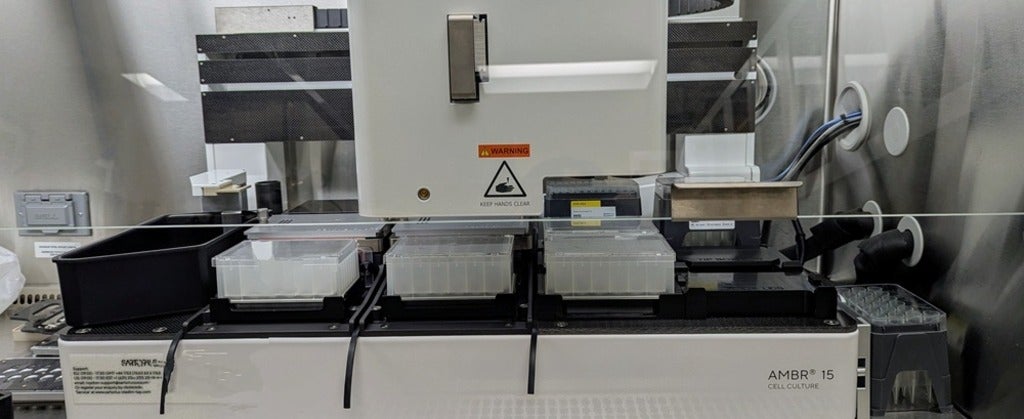New chemical engineering professor focuses on sustainable energy storage solutions
Professor Maxime Van der Heijden is a new faculty member in the Department of Chemical Engineering. Her research focuses on electrochemistry and electrochemical systems, using a combination of computational modelling, 3D printing and laboratory experimentation.
She was inspired to pursue this area of research by her PhD supervisor at Eindhoven University of Technology in the Netherlands.
“At the time, I had no background in electrochemistry or computational modeling. My supervisor, however, was very enthusiastic about both fields. I was not the obvious choice for his project, but I was eager to take on the challenge—and that’s where my passion for electrochemistry began,” said Van der Heijden.
Van der Heijden now has expertise in engineering porous electrodes for redox flow batteries through modeling, optimization and lab experimentation. Redox flow batteries are not well known in Ontario and Van der Heijden hopes to raise awareness about their potential.









